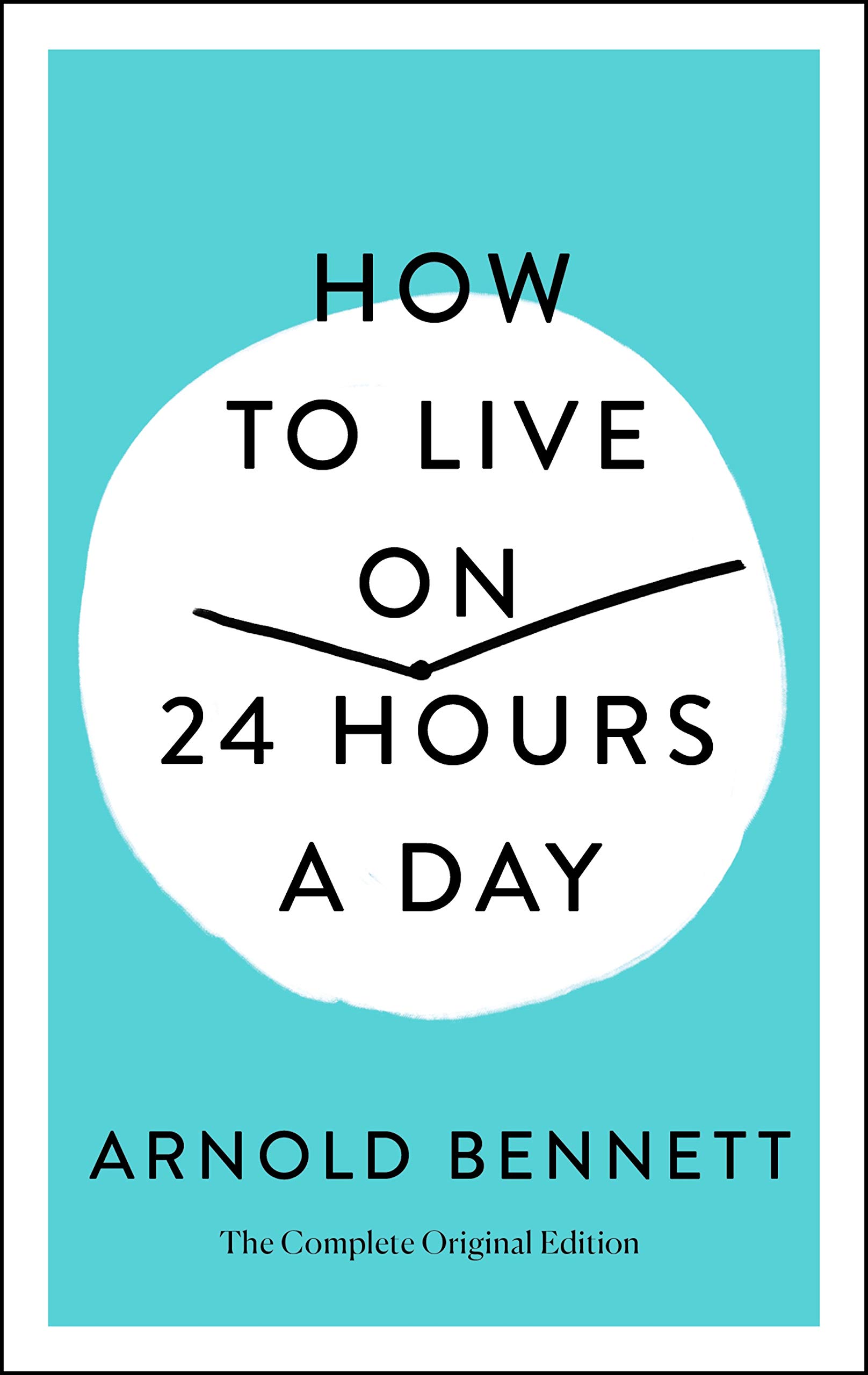Preface to This Edition
byPreface opens with the author responding to the reactions his earlier writing received—some lighthearted, others deeply sincere. While a few accused the tone of his work of being too casual, this was not the critique that stayed with him. What struck him were the letters from earnest readers who firmly disagreed with his view that most people do not pour themselves fully into their work. These readers insisted that their jobs were meaningful and that they gave all they had to their professional roles. The fatigue they felt at day’s end wasn’t from disengagement but from true effort. The author takes this point seriously and admits that his previous assumptions may have overlooked a committed segment of the population. It wasn’t denial he heard from them—it was passion.
Rather than defend his position stubbornly, the author adjusts his message. He recognizes that not all workers are clock-punchers sleepwalking through their days. Some find real purpose in what they do and are sincerely tired at night not because they are drained of will, but because they’ve given their best. To these individuals, the advice to seize their off-hours may feel hollow, even unreasonable. If someone ends the day physically or mentally spent, how can they be expected to use evenings for creative or intellectual pursuits? The author doesn’t argue with their exhaustion; instead, he shifts the strategy. Instead of extending the evening, why not explore the morning, when energy is fresher, and distractions are fewer?
The proposal to reclaim early hours is not made lightly. Many people immediately reject it as unrealistic, assuming that sleep is non-negotiable. But the author challenges this assumption, pointing out that sleep habits are more adaptable than they seem. He isn’t advocating a harsh reduction in rest, but rather an intentional reorganization of time. Often, people sleep longer than needed simply out of habit or lack of morning purpose. A minor shift—rising even thirty minutes earlier—can create a pocket of calm and productivity. These early hours, free from demands, can be a quiet refuge for reflection, reading, or simply reconnecting with oneself. It is in this window that real change can begin to form.
There’s also a psychological benefit to starting the day with purpose rather than rushing through it. A slow, deliberate morning can set the tone for how one handles the challenges ahead. Instead of reacting to the world, one enters it with intention. This doesn’t demand radical change, only subtle shifts. For example, waking at 6:30 instead of 7:00 may seem minor, but over time, it adds up to meaningful hours spent on personal growth. What might have been lost to idle scrolling or late-night fatigue becomes a source of strength. The message is clear: fulfillment isn’t found only in great leaps, but in reclaiming small moments we often overlook.
The author reiterates that his ideas are not aimed only at those disinterested in work. The original book was meant to inspire people who feel their lives are passing without purpose, but it now also addresses those who feel complete in their careers yet crave something more. Fulfillment, after all, doesn’t have to end when office hours do. The soul, the intellect, the heart—all seek nourishment beyond professional identity. By honoring these needs, a person becomes more balanced, more energized, and more whole. A fulfilled life does not require escaping one’s job, only expanding one’s sense of time. For the highly engaged professional, even a few minutes of quiet intention can restore a sense of personal ownership.
This perspective is not about adding pressure to an already full life. On the contrary, it’s about finding ease and meaning in overlooked places. Instead of trying to conquer time, one learns to partner with it. Mornings become not a demand, but a gift. The chapter quietly insists that every person, regardless of their situation, holds the potential to find depth and renewal within the limitations of twenty-four hours. Even if the body is weary, the mind and spirit can still stretch and breathe. The challenge is not in discovering more time, but in seeing differently the time we already possess.
By acknowledging the variety of work experiences, the preface deepens the book’s message. Life is not divided cleanly into workers and dreamers, fulfilled and unfulfilled. Most people carry multiple identities at once—professional, creator, learner, caretaker—and each deserves attention. The preface becomes a reminder that time, if handled with awareness, can honor them all. It doesn’t need to be mastered. It only needs to be respected and used with care.
Through this revised lens, the author invites both skeptics and seekers to enter the book with an open mind. Not all advice will apply equally, and not all habits can be changed easily. But in these pages lies a gentle push toward reclaiming personal power. It is an offering to those who sense there’s more to life than routine but aren’t sure how to begin. The preface ends with an invitation—simple, honest, and wide open: begin where you are, with the hours you have. Let the rest unfold naturally.

